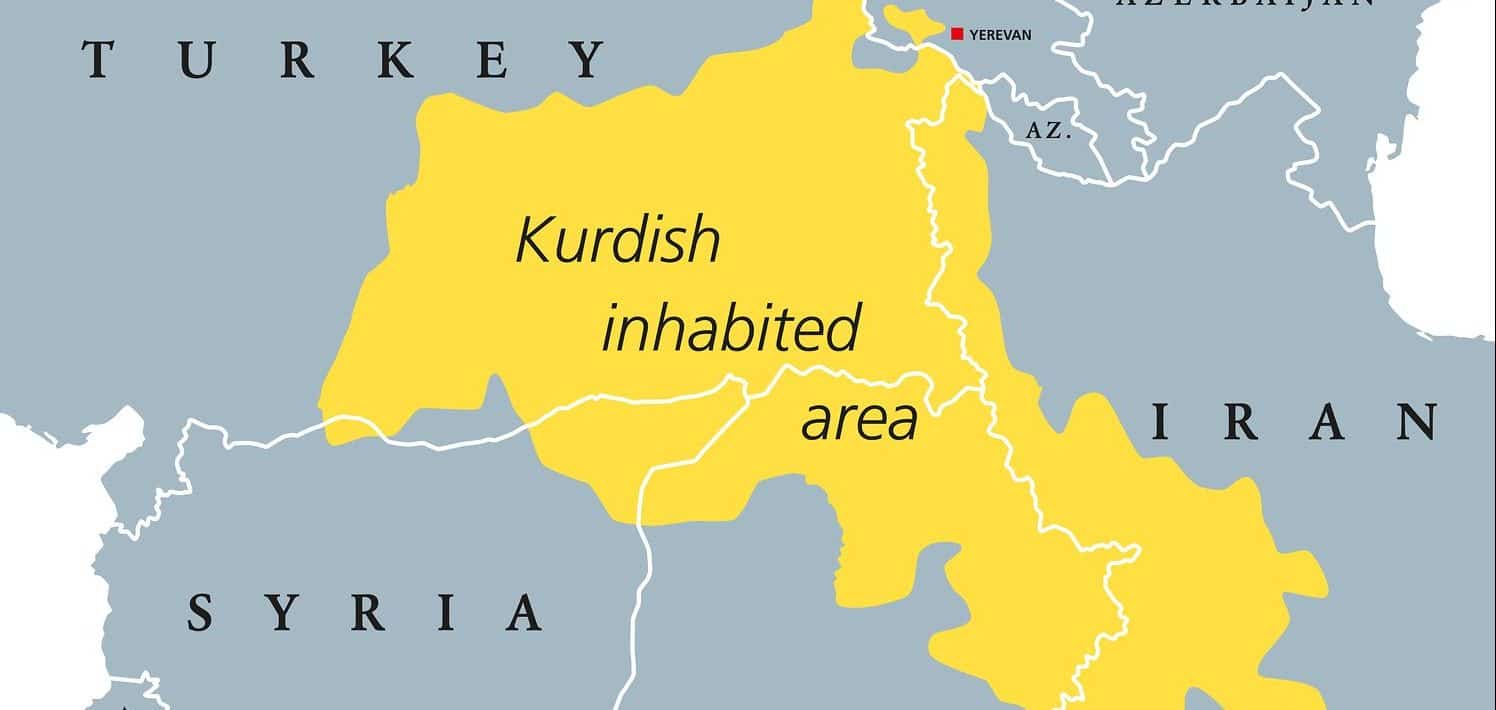It would have been better for the Kurds to settle for strengthening their autonomous region in Iraq rather than challenging their stronger neighbors.
Most Israelis sympathize with the Kurdish struggle for independence. The Kurdish people, numbering around 40 million people, boast their own language and a long history. Yet their population centers are scattered across northern Iraq, southeast Turkey, eastern Iran, and northern Syria. For years, these countries opposed the establishment of a Kurdish state out of fear of territorial loss and political problems at home and abroad. Outside the Middle East, the Powers did not fulfill their promises to advance Kurdish independence.
The US invasion of Iraq and the Syrian civil war weakened those two countries, creating a political vacuum enabling the Kurds to achieve a high degree of freedom of action and autonomy. In northern Iraq, the Kurds established an autonomous region (KRG), despite difficult internal disputes, after reaching an understanding with Turkey. The fact that the Kurdish region has oil, which the Turks agreed to flow through their oil port on the Mediterranean coast provided the Kurds with economic resources that have been used for boosting the economy, the establishment of government institutions and the financing of security forces. The Americans’ need for a military ally in the war against the Islamic State was translated into the supply of arms and training for the Kurdish forces. This was misread as political support for Kurdish national aspirations.
The referendum on independence of Kurdistan last month was a strategic blunder. The referendum itself added nothing to the establishment of the Kurdish State-in-the-making. Proclamations without deeds are usually of little consequence. Moreover, the recent inability to militarily defend the territory the Kurds acquired in Iraq casts serious doubts on the long-term prospects of the Kurds. Particularly in the Middle East, the use of force is part of the rules of the game.
Indeed, Iraq, backed by Iran, sent its army and Shiite militias to occupy areas under Kurdish control. The loss of Kirkuk and the surrounding oil fields is significant for the KRG due to the great loss of revenue resulting from the decline in oil exports. Iran also concentrated forces along its border with the KRG to signal its dissatisfaction. At the same time, Turkey has been intervening militarily to eliminate the Kurdish enclaves in northern Syria to prevent the realization of the Kurdish dream of achieving a state with an outlet to the sea.
The attempt by Kurdish forces to cross the Euphrates to the east and join the Kurdish enclaves in northern Syria has aroused enormous fears in Turkey. Turkey’s traditional suspicions of a Kurdish entity have increased and may now lead to broader military involvement. This attempt at expansion is understandable, but probably suggests an exaggerated political appetite on the part of the Kurds.
The KRG is a landlocked political entity. The lack of a sea outlet renders the KRG vulnerable to its neighbors’ actions when their displeasure is aroused. Indeed, Turkey, Iran and Iraq have announced a cessation of flights to the Kurdish region hampering economic and political interactions. Geography still has strategic importance even in the Missile Age. If the Kurds cannot escape their geographic constraints and the hostility of their neighbors, they should perhaps calibrate their political aspirations accordingly.
The Kurds erred when in their enthusiasm for a referendum they waved Israeli flags, which only exacerbated the threat perception in Turkey and Iran and did not curry favor among the Arabs. Their opponents did not hesitate to accuse the Kurds of attempting to establish another Israel – no compliment intended.
Moreover, the timing of this redundant referendum was detrimental to the Kurds. It was held at a time when Iran’s influence is growing in the Middle East, especially in Iraq and Syria, in the wake of the apparent victory of Assad in the civil war in his country and the windup of the struggle against the Islamic State. Moreover, Iran and Turkey, two strong states with no inhibitions in using force, are getting closer also because their apprehensions about the Kurdish intentions.
The Kurds naively assumed that their important contribution in fighting the Islamic State would be appreciated by the West and especially the Americans. It is not surprising that the Americans refrained from support of the referendum once they were less in need of the Kurds. This would not be the first time that the US appealed to the Kurds for assistance and then abandoned them once the mission was accomplished. The most prominent example is US unwillingness to stand by the Kurds after they entreated them to rebel against Saddam Hussein in 1991.
Therefore, it would have been better for the Kurds to settle for strengthening their autonomous region in Iraq rather than challenging their stronger neighbors.
JISS Policy Papers are published through the generosity of the Greg Rosshandler Family.



 - בניית אתרים
- בניית אתרים